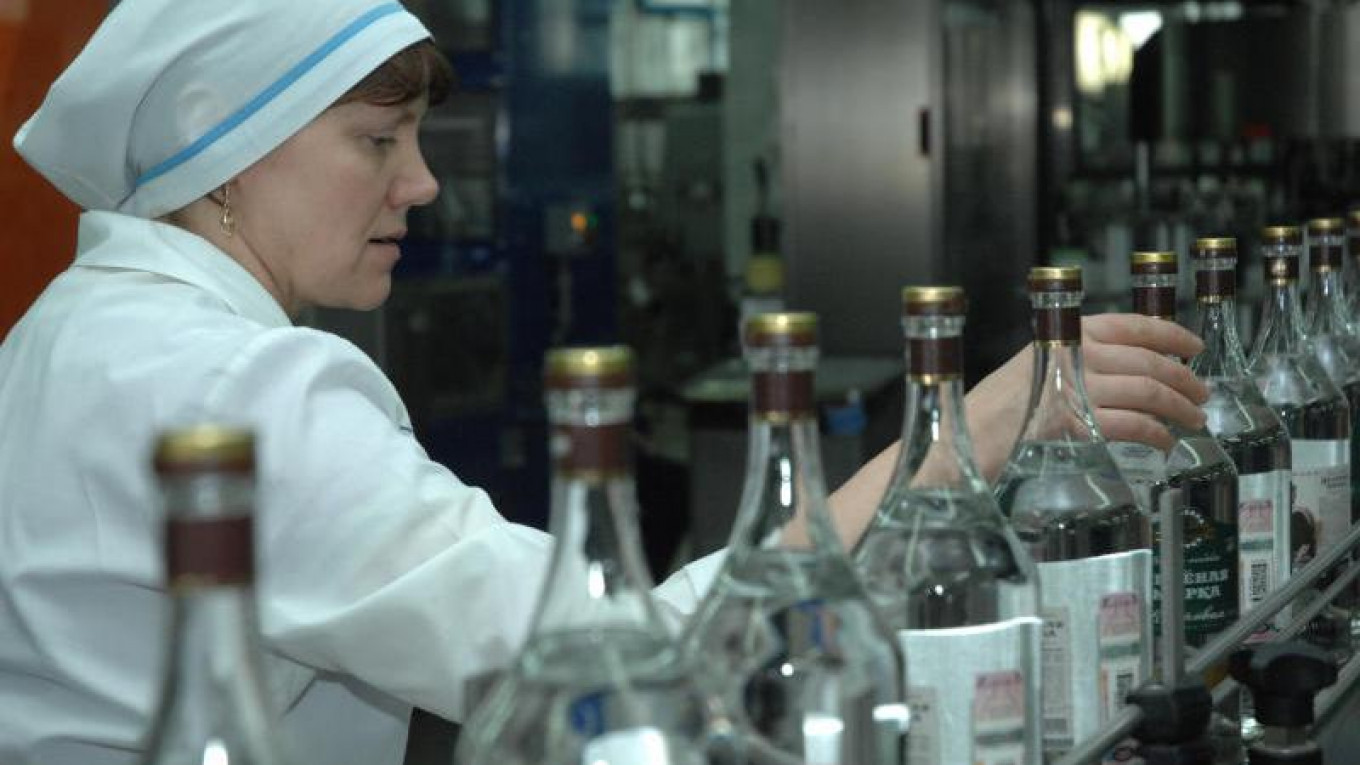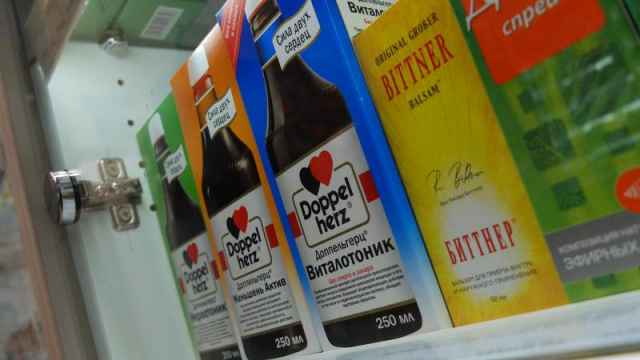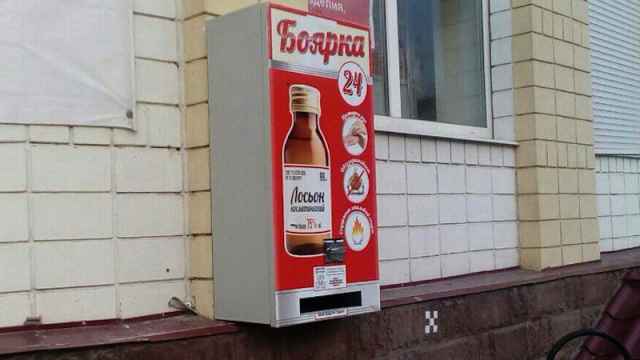How do you get the most use out of booze?
That's the question two Russian ministries are facing as they struggle to generate revenue for the state budget from the excise tax on alcohol.
The Finance Ministry has proposed a bill raising the excise on liquor containing more than 9% ethyl alcohol from 500 to 523 rubles in 2017, the Vedomosti newspaper reported. But the Ministry of Economic Development has a different idea: It previously proposed cutting the excise tax by a third to 360 rubles.
The two ministries agree on their goals: they want to generate budget revenue, discourage the illegal production of alcohol, and “legalize” alcohol producers who would otherwise operate on the shadow market. But they disagree about how best to do that.
Since 2013, the excise rate has nearly doubled, and the legal production and sale of vodka has consequently decreased by 30 percent. But the Union of Alcohol Producers says legal production is growing. It has asked the government to lower the excise tax or at least leave the current rate in place. A lower excise tax would attract more producers back to the legal market, while maintaining the current rate would feed money into the state budget and support the gradual growth of legal production, producers told Vedomosti.
In the first 8 months of 2016, legal vodka production grew by 4.4% to 40.6 million decaliters, before declining in the last three months. Meanwhile, excise tax revenue has grown by 24 percent to 97.9 billion rubles ($1.6 billion).
Vadim Drobiz, an expert on alcohol markets, credits improved technological control over alcohol sales, which makes illegal production more difficult, with much of this growth. In 2017, he expects that legal production will increase by 7-8 percent at the current excise rates or 5-6 percent at the ones proposed by the Finance Ministry.
The Finance Ministry's bill is currently being reviewed by the state ministries and will also face parliamentary debate.
A Message from The Moscow Times:
Dear readers,
We are facing unprecedented challenges. Russia's Prosecutor General's Office has designated The Moscow Times as an "undesirable" organization, criminalizing our work and putting our staff at risk of prosecution. This follows our earlier unjust labeling as a "foreign agent."
These actions are direct attempts to silence independent journalism in Russia. The authorities claim our work "discredits the decisions of the Russian leadership." We see things differently: we strive to provide accurate, unbiased reporting on Russia.
We, the journalists of The Moscow Times, refuse to be silenced. But to continue our work, we need your help.
Your support, no matter how small, makes a world of difference. If you can, please support us monthly starting from just $2. It's quick to set up, and every contribution makes a significant impact.
By supporting The Moscow Times, you're defending open, independent journalism in the face of repression. Thank you for standing with us.
Remind me later.






